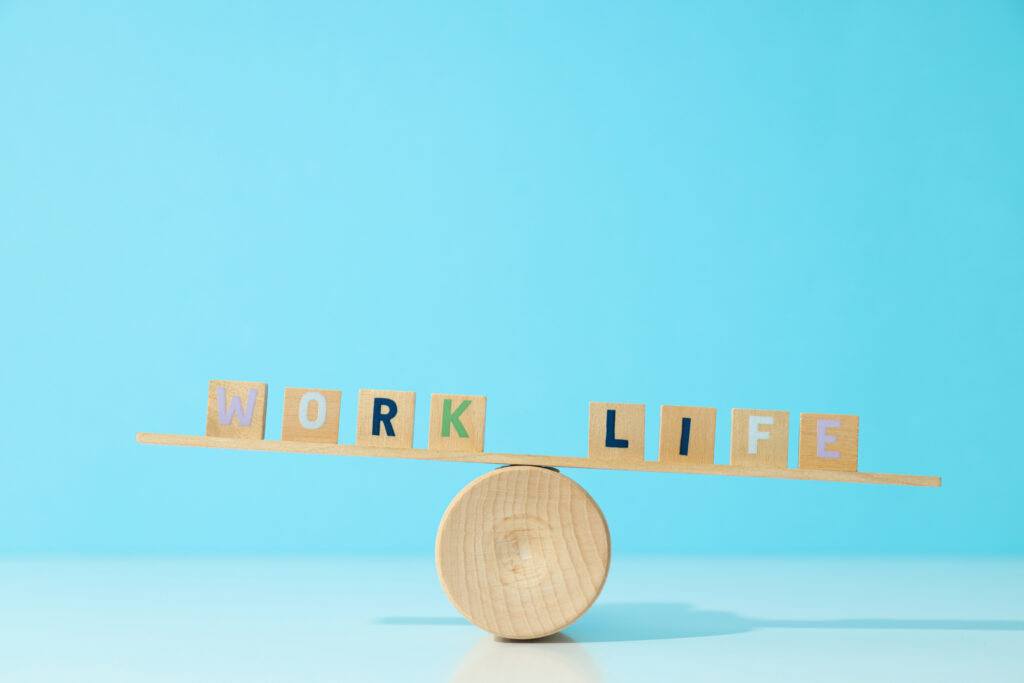Do you often find yourself replying to work from home emails late at night, or scrolling through Slack messages while eating dinner? In today’s always-connected world, it’s easy to blur the lines between work and personal life. The idea of a No-Work Rule After 6 PM might sound radical, but for many, it’s becoming a necessary shift—a conscious decision to prioritize mental health, relationships, and overall well-being.
Let’s dive into five reasons why setting boundaries after work isn’t just good for you—it’s essential.
1 – Reduces Stress and Prevents Burnout

When your day never really ends, and your work from home routine stretches late into the evening, it leads to chronic stress and burnout.
Constant notifications, emails, and “quick tasks” prevent your brain and body from resting. By setting a clear boundary and ending your workday at 6 PM, you allow yourself the mental and physical space to unwind. No-Work Rule After 6 PM, this separation between work and personal life is essential for reducing anxiety and promoting overall mental health. Rest is not a luxury – it’s a necessity.
2. Enhances Productivity During Work Hours

A defined end to your workday creates a sense of urgency and focus. Knowing you need to wrap up by 6 PM encourages you to prioritize tasks, avoid procrastination, and manage time more effectively. This leads to higher productivity during working hours and helps you leave the day feeling accomplished. Plus, once the clock strikes 6 PM, you can fully disconnect without guilt, knowing you’ve made the most of your working time.
3. Improves Work-Life Balance

It’s easy to think everything’s urgent, but the reality is that much of it can wait until tomorrow. Setting boundaries allows you to carve out evenings for relaxation, hobbies, family, and self-care. This balance is vital for long-term well-being, especially when navigating the unique challenges of remote work.
Without clear boundaries, the risk of burnout increases, but with them, you can enjoy both professional success and a fulfilling personal life.
4. Strengthens Personal Relationships

When you’re fully present in the evening, you can deepen your connections with family and friends. This presence “free from work distractions” creates stronger bonds, better communication, and more meaningful interactions. Whether it’s sharing a meal, having a conversation, or just being there, these moments matter. Boundaries signal to others that they’re a priority, which builds trust and strengthens relationships. Even amidst remote work challenges, personal connections remain a cornerstone of well-being.
5. Promotes Better Sleep and Health

Working late into the night disrupts natural sleep patterns, leading to fatigue and reduced cognitive performance the next day. By stopping work at 6 PM, you give your body and mind the chance to transition into rest mode. This leads to higher-quality sleep, better health, and greater overall resilience. Whether you’re tackling tasks at a bustling office or navigating your home office setup, rest is the key to showing up refreshed and ready to focus.
How to Implement the No-Work Rule After 6 PM?
- Communicate Your Boundaries: Let your team, colleagues, or clients know your working hours. Setting clear expectations reduces after-hours interruptions.
- Use Tools to Support Boundaries: Activate “Do Not Disturb” modes on your devices. Calendar blocks can reinforce your personal time.
- Create a Shutdown Ritual: Close your laptop, organize your home office setup, and mentally switch off from work mode.
- Stand Firm Against Pressure: It’s tempting to check that one last email or reply to a late message. But holding your boundary—even in the face of remote work challenges—is essential. Remember, boundaries are a form of self-respect and a key to sustainable success.
Final Thoughts About No-Work Rule After 6 PM
Adopting a “No-Work Rule After 6 PM” isn’t just about ending the workday; it’s about reclaiming time for yourself, your health, and your relationships. By doing so, you’re not only creating a better balance but also inspiring those around you to do the same. It’s a commitment to working smarter, living better, and embracing the future of work.



